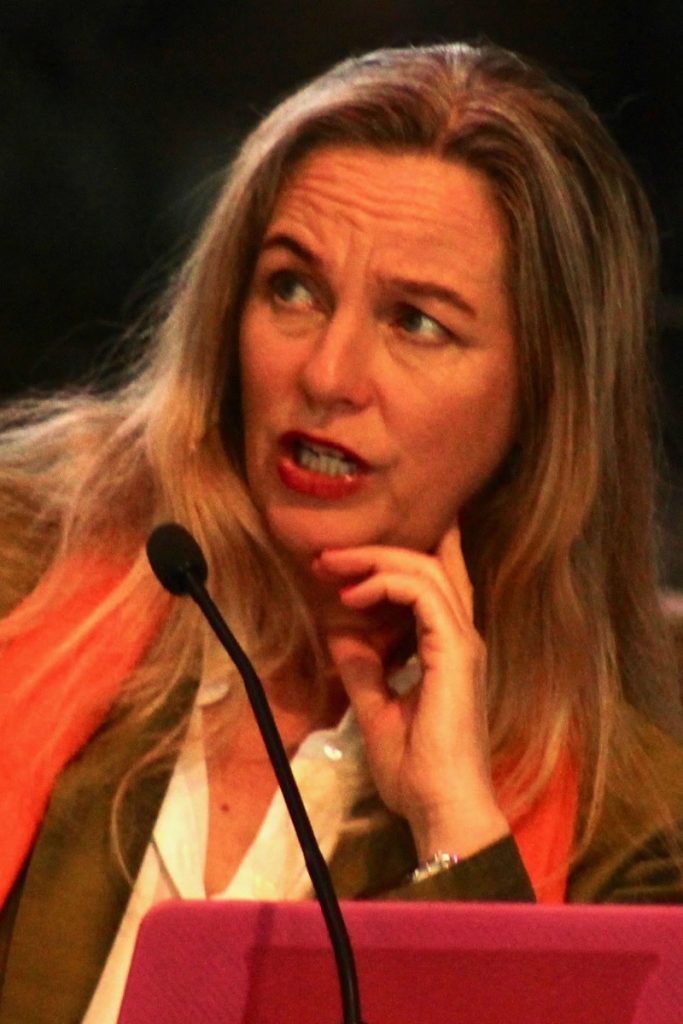Senior Programme 1
Learning Lab
For More Able and Ambitious Senior Students

Students: Each course includes over 100 student activities for cultural enrichment, cirtitcal thinking and puzzle solving. Students receive a certificate of completion.
Teachers: The online teacher area supports teachers with oversight of student progress, print-outs, puzzle solutions and notes.
Course One 20+ hours of learning
20+ hours of cross-curricular eLearning to get 15-19-year-olds back on track
Thriving Minds: Foundations for Success
• Effortlessly increase the average hours delivered to students with a brilliant cross-curricular extension programme.
• Evidence provision with individual student reports and personalised certificates.
• Teacher Platform facilitates complete oversight of student engagement for targeted support.
• An economical high-impact solution.
The Thriving Minds eLearning platform accelerates academic development and supports SMSC, personal development and culture capital (Ofsted EIF 2019); students study at their own pace, building confident and resilient learners in educational settings.
Call now for a zoom call or introductory visit to your school to see how eLearning solutions can work for you.

Join us on Snapchat – aconferences – for your daily philosophical thought of the day, plus access to free resources.
Online Course Content

Oxbridge Interview Question: Here's a Cactus; Tell us About it
The University of Oxford’s admission interview questions allow candidates to show their ability and potential and see if candidates can think laterally and apply their thinking to new ideas and different contexts; they are not about reciting what you already know. Often, there are no ‘right’ answers to their questions: the focus is on how well you can think. The session provides students with essential Oxbridge-standard thinking tools and ideas for developing high-level lateral thinking skills. Julie Arliss examines this thorny request as a test case.

A Slow Strange Death: The Failure of Environmental Economics
Without a basic understanding of Economics, it is impossible to understand how the current environmental crisis happened or how to resolve it. In a lively interactive session, Peter Baron introduces students to the core concepts of neo-classical economics, such as marginal gains, incentives, externalities, the invisible hand, black box thinking and division of labour via various engaging case studies. The session will argue that the philosophical foundations of this view are bankrupt and that it has failed to embrace the issues of future generations (climate change), minority groups (poorer countries) and meaningful measures of welfare (happiness). Baron argues that we need to become a different economic animal to rescue the environment. The course provides a polymathic insight into the philosophy of economics.

Aristotle 384-322 BCE and his Big Idea
In Nicomachean Ethics (Ἠθικὰ Νικομάχεια), Aristotle applied himself to the question of how best to cultivate the young people of Athens so that they would grow up to be HAPPY; Aristotle named the work after and addressed it to his son, Nicomachus, and many regards it as the first-ever self-help book for teenagers! The session will examine the Big Idea concerning what is normal for humans and explains how this idea is core to most modern-day well-being programmes in schools. Julie Arliss presents the human function, reason-infused virtue, final cause, eudaemonia and habituation and encourages students to think for themselves and evaluate claims about the modern-day relevance of ancient wisdom.

Social Physics
The engine that drives social physics is big data: the ubiquitous digital data available about all aspects of human life. What are the connections between human behaviour and the digital bread crumbs we all leave behind us as we move through the world? Big data, which captures where we spend our time and what we buy, most accurately pictures who we are; looking at this data is called reality mining. In this interactive session, Julie Arliss explains and examines the work of Social Physicist Alex Pentland, living laboratories, socioscopes and modern-day tribes.

The BIG Debate
This house believes that ‘enthusiastic consent’ is not enough.
Julie Arliss & Peter Baron
In the wake of the #MeToo Movement ‘enthusiastic consent’ has been recommended as the gold standard for respectful engagement in relationships. However, while it has been recommended that it should be taught to young people, it has often struggled to make it into Law. So, what is ‘enthusiastic consent’ and is it possible to prove absence of consent to a legal standard? Students are invited to participate in what promises to be a lively debate, and to share their own ideas about this and the much wider issues it raises. A highly relevant, timely topic which our more able students will find challenging and engaging.
The Thriving Minds Masterclass for senior students will be delivered online.
Contributors to the programme

Julie Arliss
Recently awarded a Farmington Fellowshipby Harris Manchester College, Oxford, Julie Arliss is a highly accomplished teacher and author. She is a well-known international educator of gifted students with a gift for making the complex simple, and the simple complex. She is committed to the provision of world-class extension activities for these students, to extend their reach well beyond the curriculum to new areas of knowledge. She is on the examining team for Cambridge International Examinations and founder of Thriving Minds.

Peter Baron
Peter Baron read Philosophy, Politics and Economics at Oxford before completing his M Litt. He is a popular and energetic speaker who has worked for many years with more able students both in schools and as a personal tutor. He is chief editor and principle author of philosophical investigations, a popular online community for philosophy which is an excellent resource for students. He also runs his own publishing house and is the author of a number of popular books. He is an educational consultant for Critical Thinking and has worked closely with Thriving Minds for many years.
Bookings
Tuition fees: A fixed fee of £40/$80, or £60/$120 if booking together with course 2. We have access to sponsorship for students wishing to attend but for whom the cost is a significant challenge for their families. Please contact us for further details. One free staff place with every 12 students booked.
The price includes Learning Lab access for 2 months.
FOR ONLINE COURSES
Registration can be at any time on or after the advertised release date. The individual course will contain an end date. Teachers or students may commence a course at any point between these two dates.
Please note our Terms and Conditions, which provide a sliding scale by which payment for bookings can be made in time in order to avoid additional charges.
BOOKING PLACES ON A COURSE
Teachers or other representatives in schools normally complete the booking process. In some cases, students or their parents may book for online courses. Students will attend conferences with their school group accompanied by a supervising teacher. They will usually complete an online course under the supervision of a member of staff but there is the facility for individual students to enrol and complete online courses by themselves.
The person making the booking is invoiced.
Course 1 Bookings
Please Note
Please don’t hesitate to get in touch by email below if you have any further questions.
Email: [email protected]
Phone: +44 7979 524277
